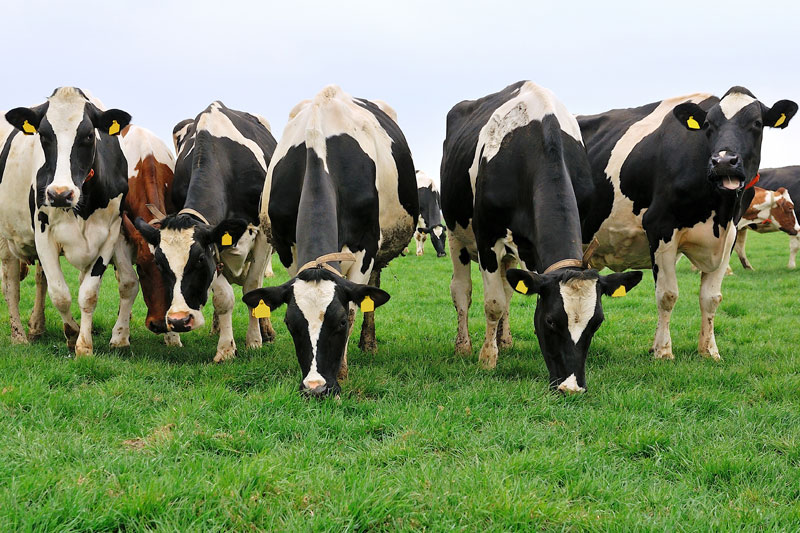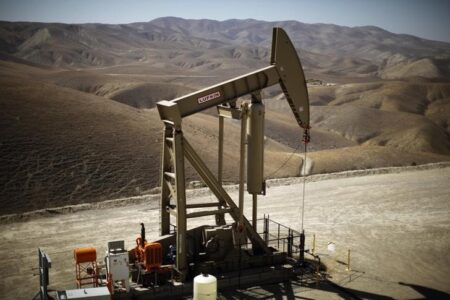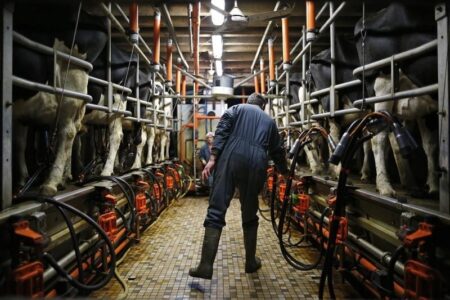CANBERRA (Reuters) – Around 16,000 livestock remained in limbo aboard an export ship at an Australian port on Friday, having set sail for Israel exactly four weeks ago only to abandon a passage through the Red Sea and be ordered home by the Australian government.
Biosecurity rules mean the animals – roughly 14,000 sheep and 2,000 cattle – cannot disembark without being quarantined. Officials are yet to decide if they should be let off or sent back to sea for a 33-day voyage to reach Israel by going around Africa.
Officials say the livestock are in good health but some politicians and animal rights activists claim their plight amounts to cruel mistreatment and have called for Canberra to bring forward a planned ban on live sheep exports.
The situation is a consequence of strikes by Yemen’s Houthi militia on shipping in the Red Sea that has disrupted global trade.
The ship, the MV Bahijah carrying a Marshall Islands flag, abandoned its route through the Red Sea due to the threat of attack.
It arrived on Monday in Perth, where a heatwave is pushing temperatures close to 40 degrees Celsius (104 Fahrenheit).
Australia’s agriculture ministry said it is still considering an application by the exporter, Israeli firm Bassem Dabbah, to unload some animals and re-export the rest.
“Australia’s biosecurity, and the health and welfare of the animals onboard, are our highest priorities,” it said, adding that the vessel had taken on supplies and undergone cleaning on Thursday and that a government vet was on board.
Industry figures have called claims that the animals are suffering ignorant and asked why the government has taken so long to decide the ship’s fate.
“It’s fair to say people are frustrated that decision has not happened more quickly,” said Mark Harvey-Sutton, head of the Australian Livestock Exporters’ Council.
Reuters was unable to contact Bassem Dabbah, and the ship’s manager, Korkyra Shipping, did not respond to requests for comment.
Australia’s live export industry shipped more than half a million sheep and half a million cattle overseas last year.
Read the full article here











